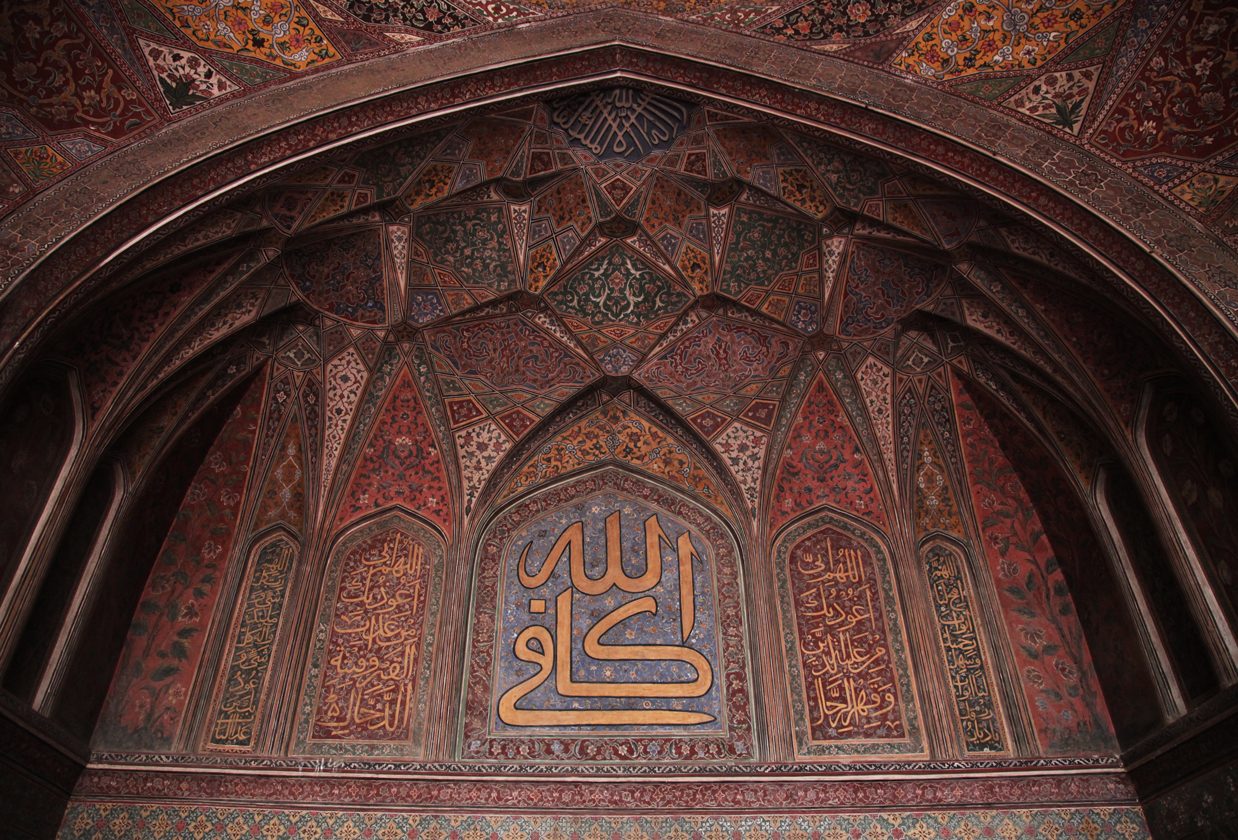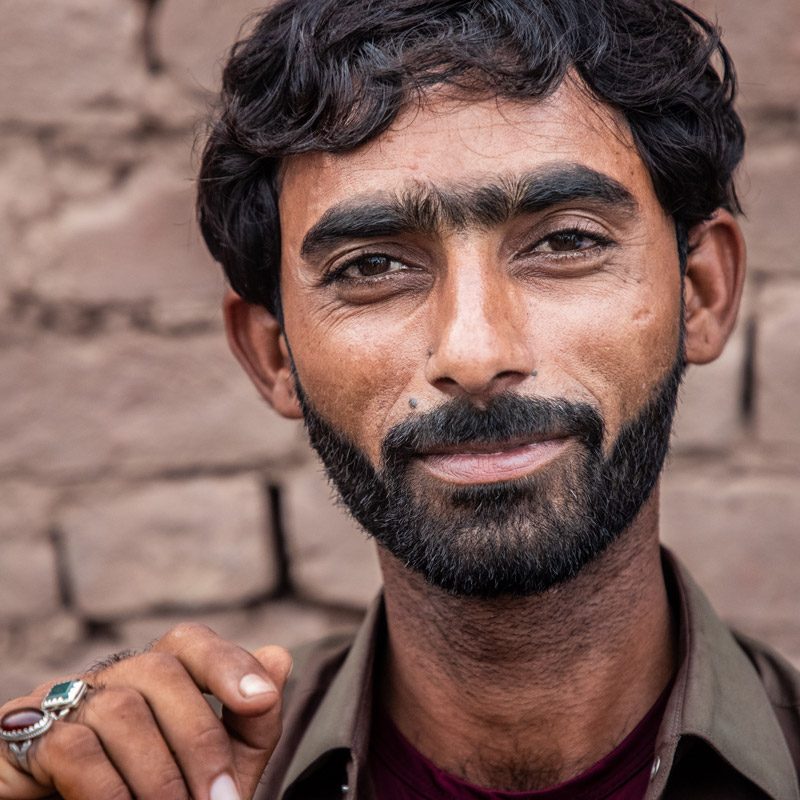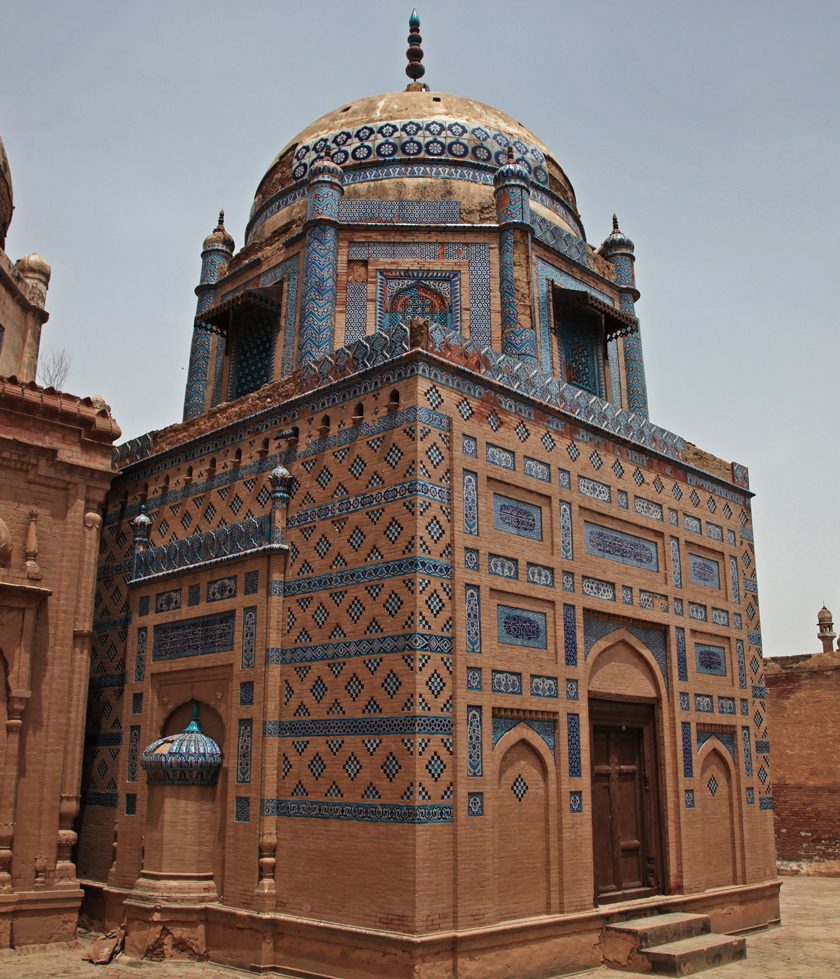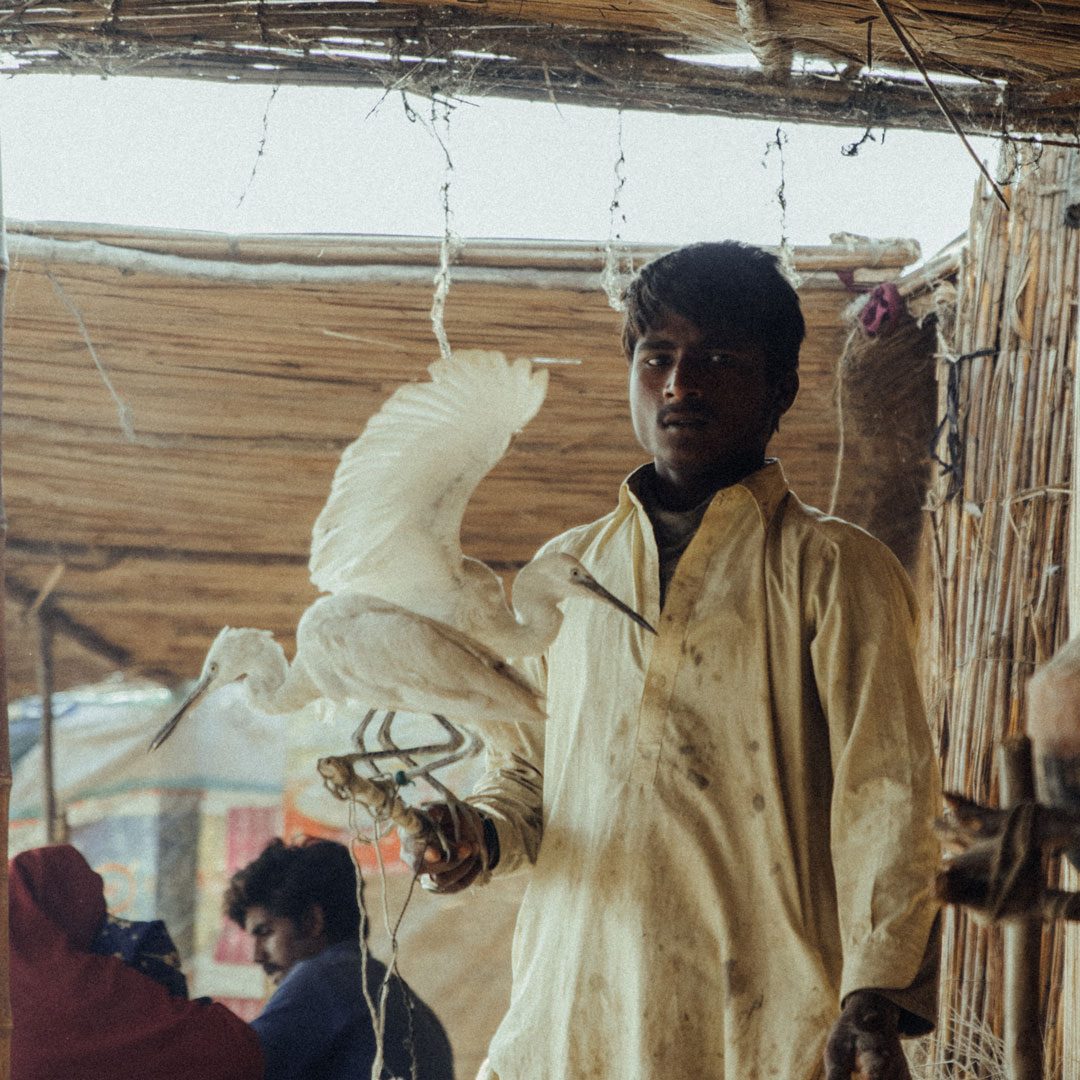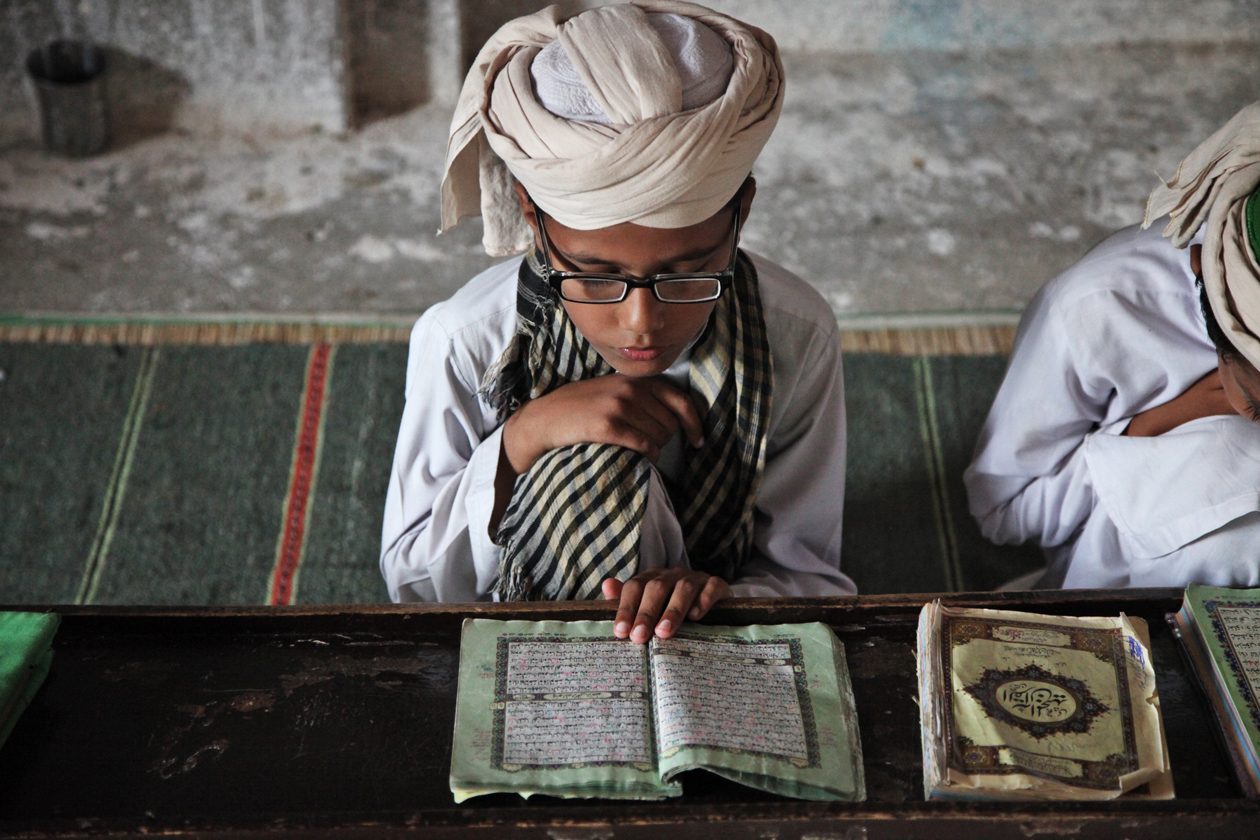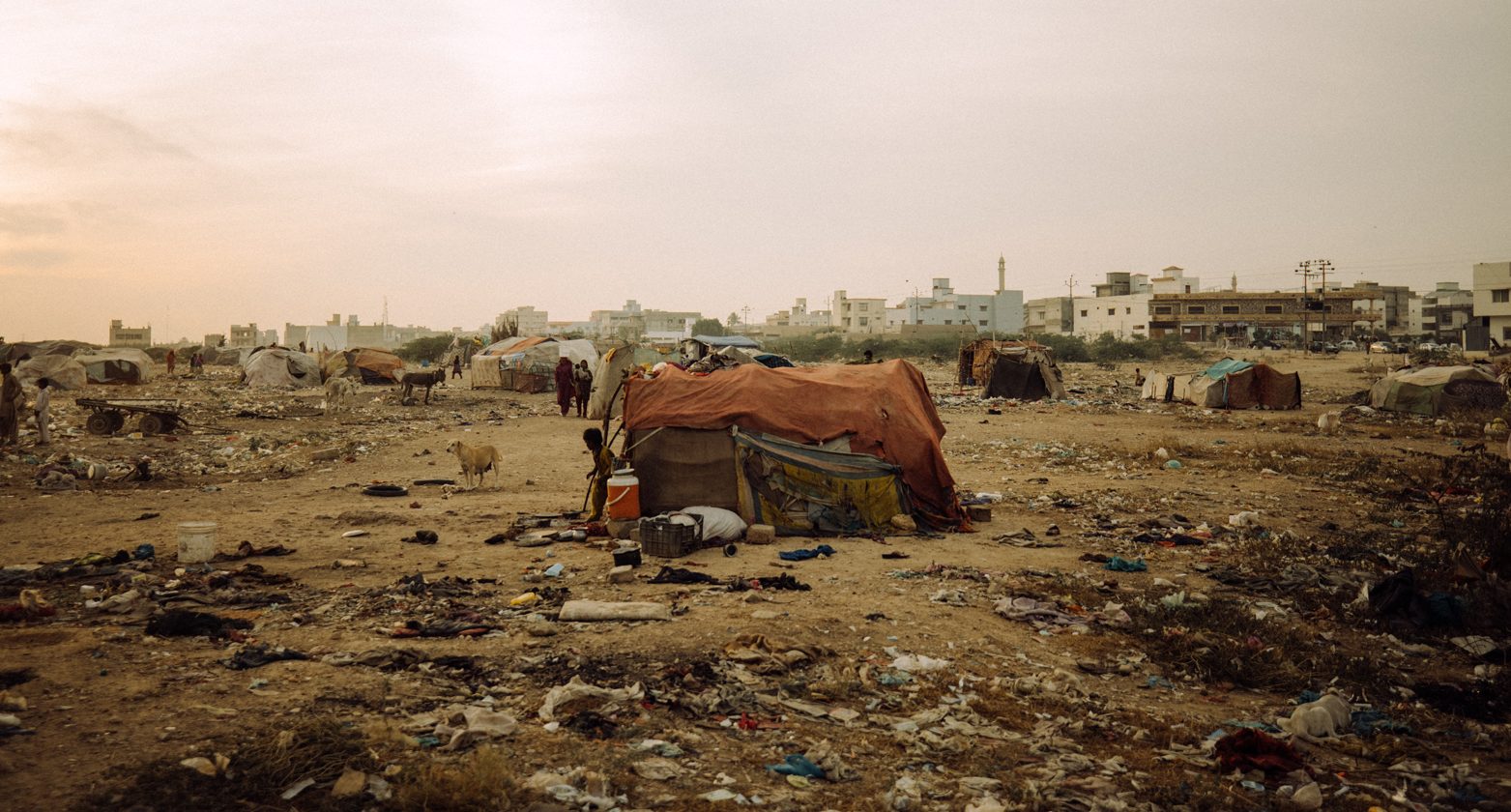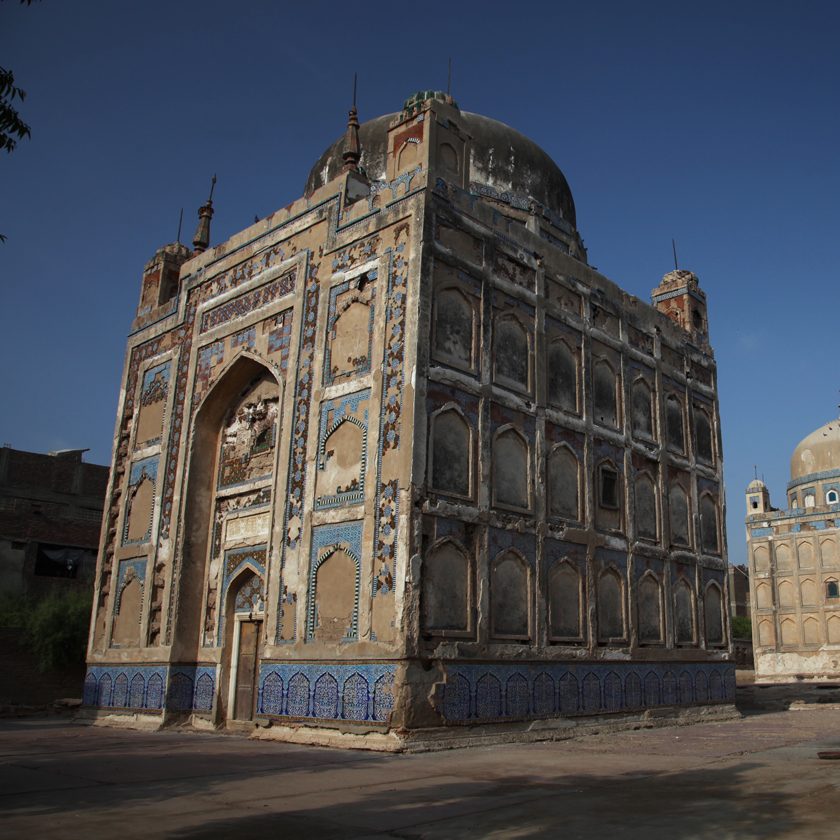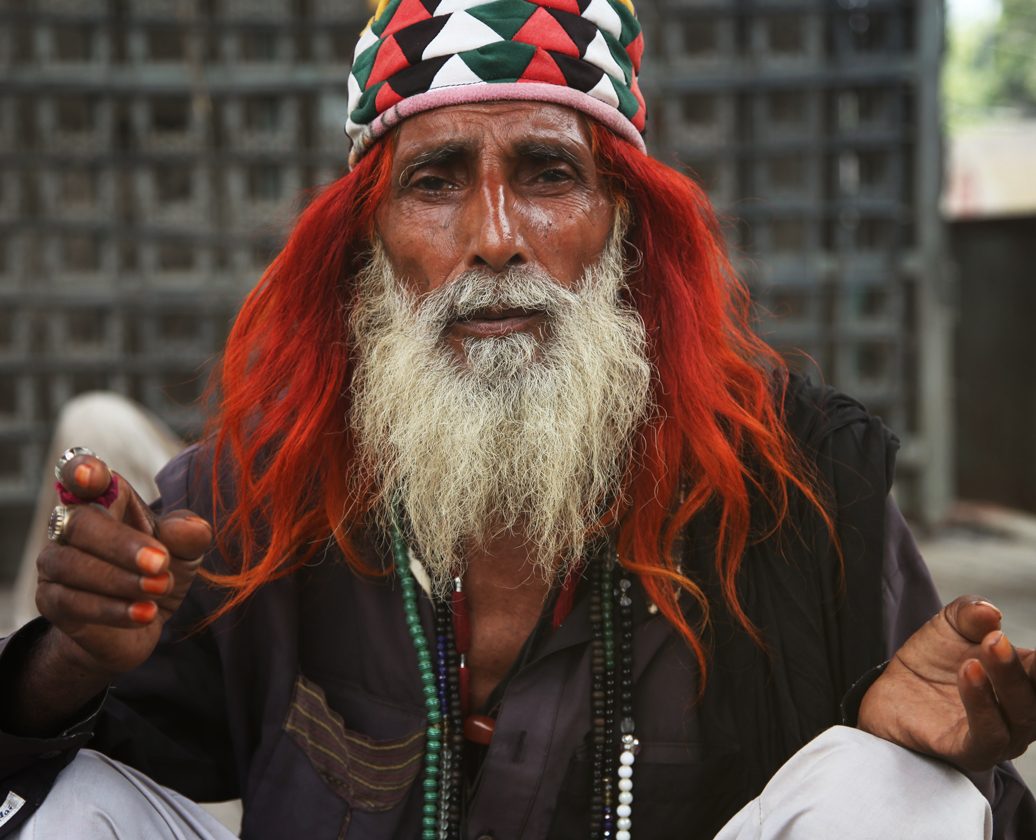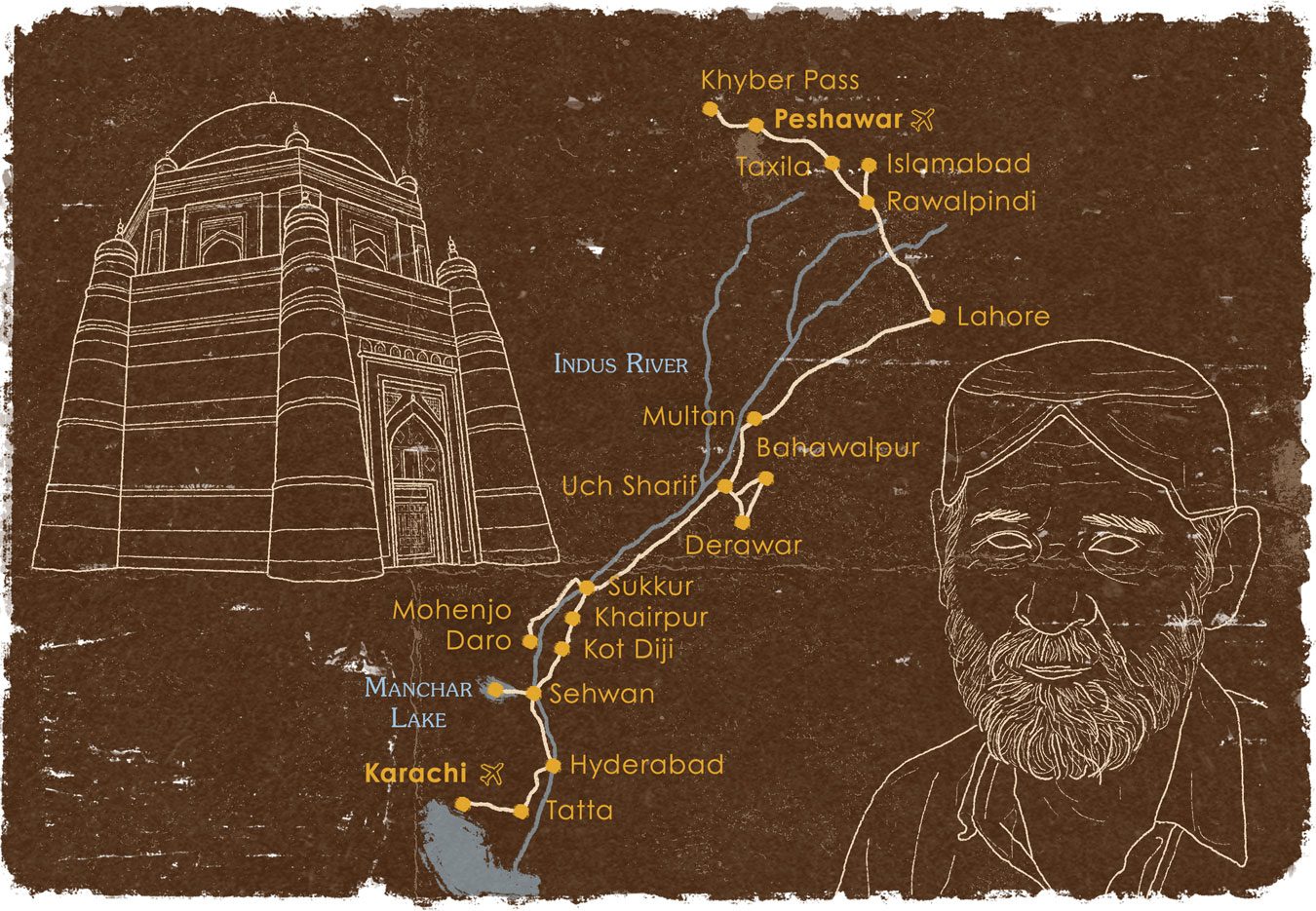Discover the highlights of this cultural trip to Pakistan
► We will penetrate the bowels of mythical cities in Pakistan
Peshawar
Peshawar is a mythical ancient city where history is breathed everywhere. City tour to visit Bala Hisar Fort, Museum, Mahabat Khan Mosque, Shinwar Square, Khyber and Khawani bazaars. In the old storyteller street we will observe a large number of Afghan refugees, mainly recognizable by the burqa worn by the women.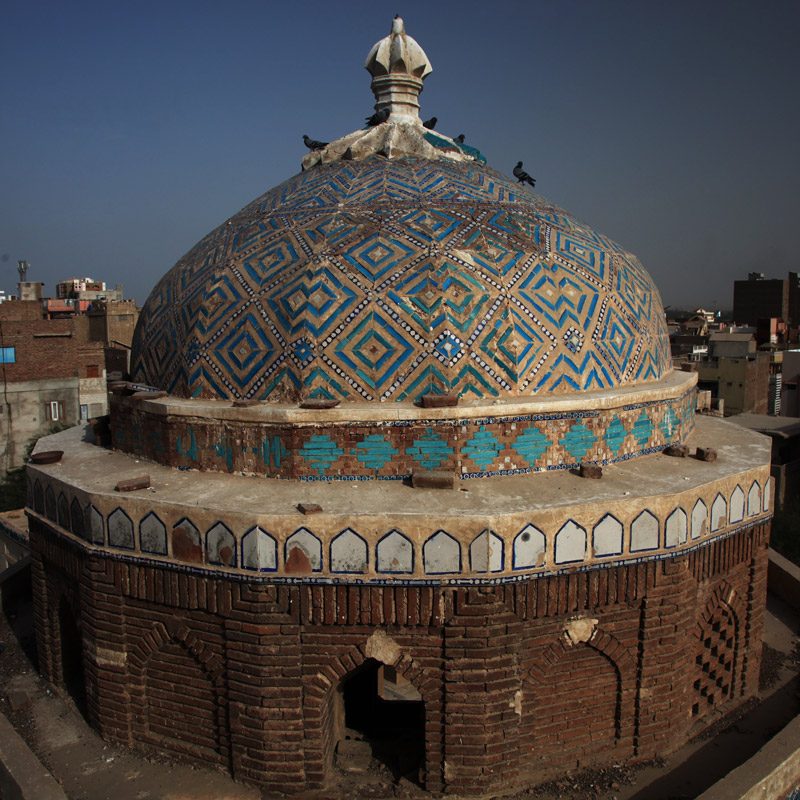

Taxila
It is the political and cultural center of the Gandhara kingdom. It was built where the three main trade routes met: the Bactrian to Central Asia, the Kashmir to India and the Khunjerab Pass to China.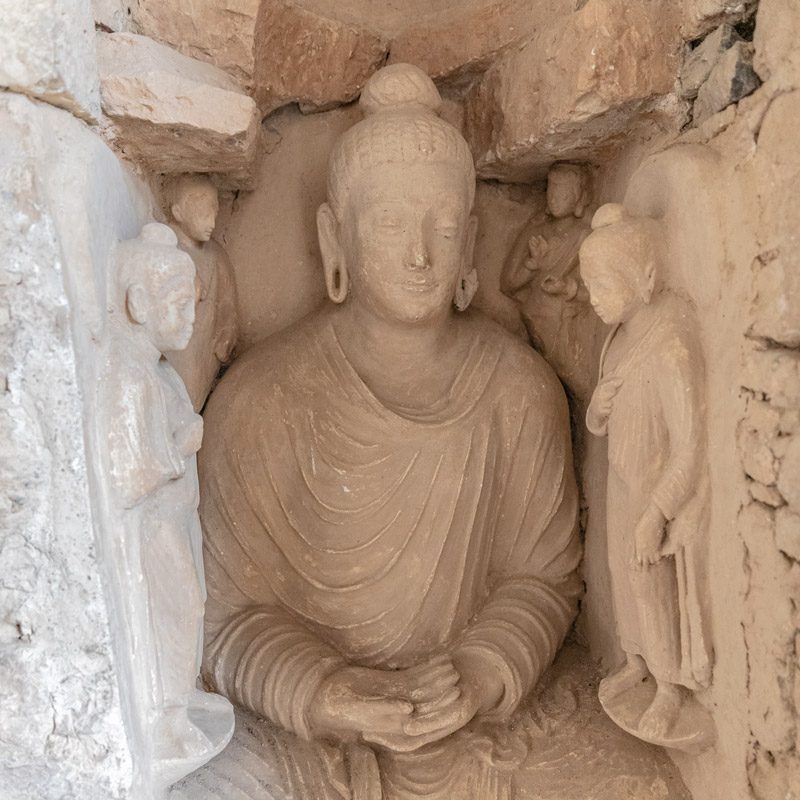
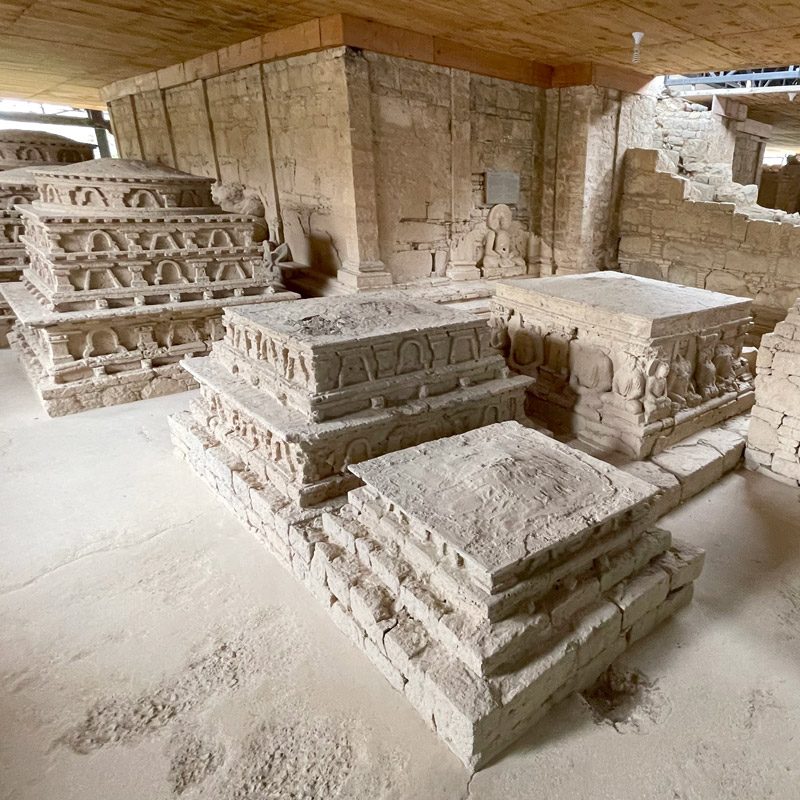
Islamabad
During this cultural trip to Pakistan, we will visit the Faisal Mosque in Islamabad, the most iconic monument in the Pakistani capital.Lahore
It was the historical center of the Mughal Empire. Today, it is the most beautiful city and the cultural, intellectual and artistic center of Pakistan. Visit to the Badshahi Mosque (1647) and urban tour through the walled center of the city. We will also visit the Fort Complex with its palaces and tombs of Jaganhir surrounded by Persian gardens. We will end up getting lost in the bazaars of the walled city.
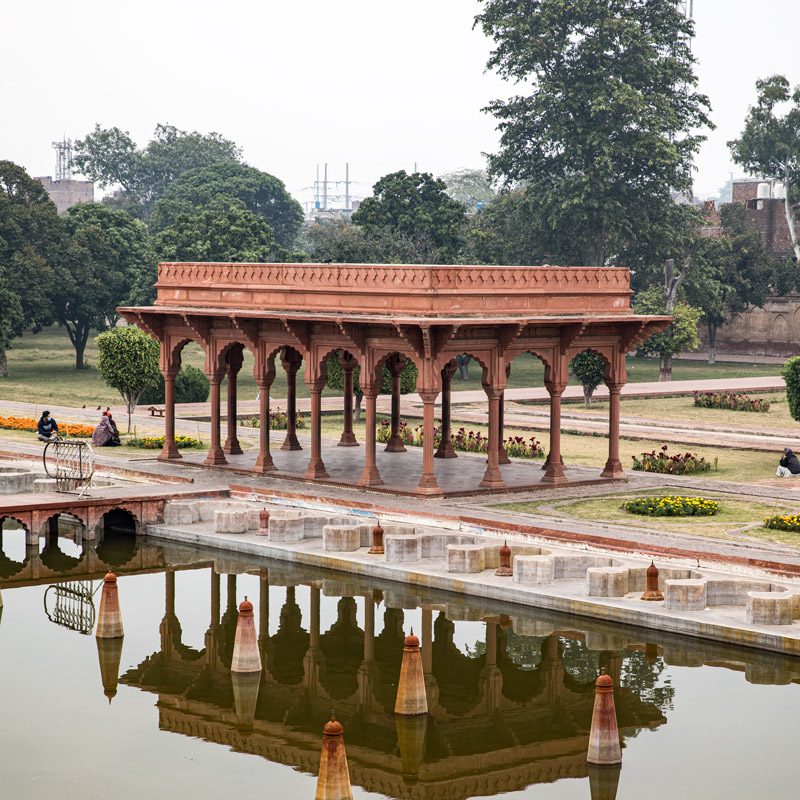
Multan
It is located on the banks of the Chena river. Its history dates back to 5,000 years ago, from the Harapian era. Zoroastrian pilgrimage center to the Temple of the Sun, conquered by Alexander the Great and under the Abassi Empire. Due to the pilgrimage of numerous Sufi mystics in the XI-XII centuries, it was renamed as City of Saints. Magnificent Mausoleums from that era still adorn the city. Rukn-ud-Din it was restored in 1980. Is the most famous because its splendor. It has remained a great commercial center since medieval times thanks to its bazaar.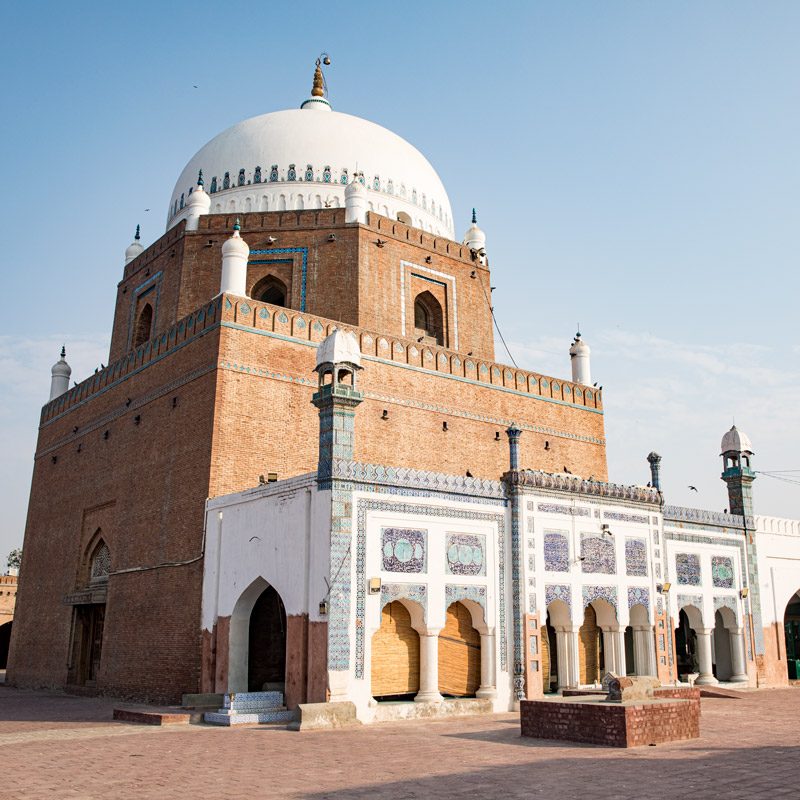
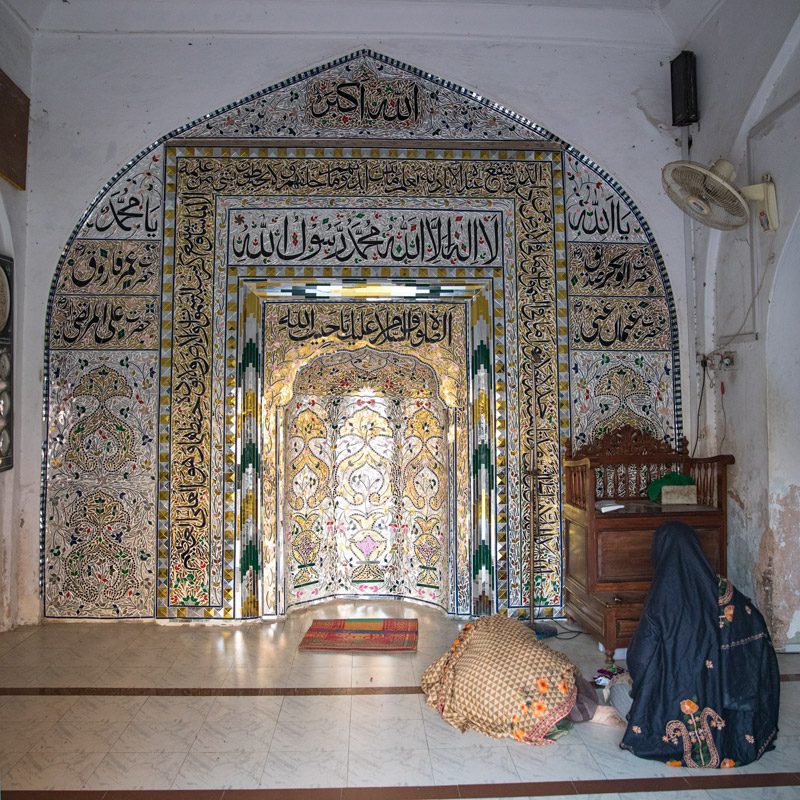
Thatta
City of great importance from the XIV c. and during 4 Muslim dynasties. We will visit the Makli Hill Necropolis (World Heritage). It is made up of a multitude of funerary monuments from the 14th to the 18th centuries, exquisitely sculpted in sandstone with floral and geometric motifs and covered with tiles. The Mausoleum of Mirza Jani Beg stands out, who was the last sovereign of the Tarkhan dynasty.► Visit Mohenjo Daro, the jewel of the Indus Valley
Between 3000 - 1500 BC, Mohenjo Daro was one of the earliest and most advanced planned urban settlements in the world. They lived in 2-story houses with a cooling system and bathrooms with running water. The population dominated the cultivation of cotton, grain and grapes. They also had a fleet for river and land trade with Mesopotamia, Persia and Arabia. In 1980 Unesco declared it a World Heritage Site.

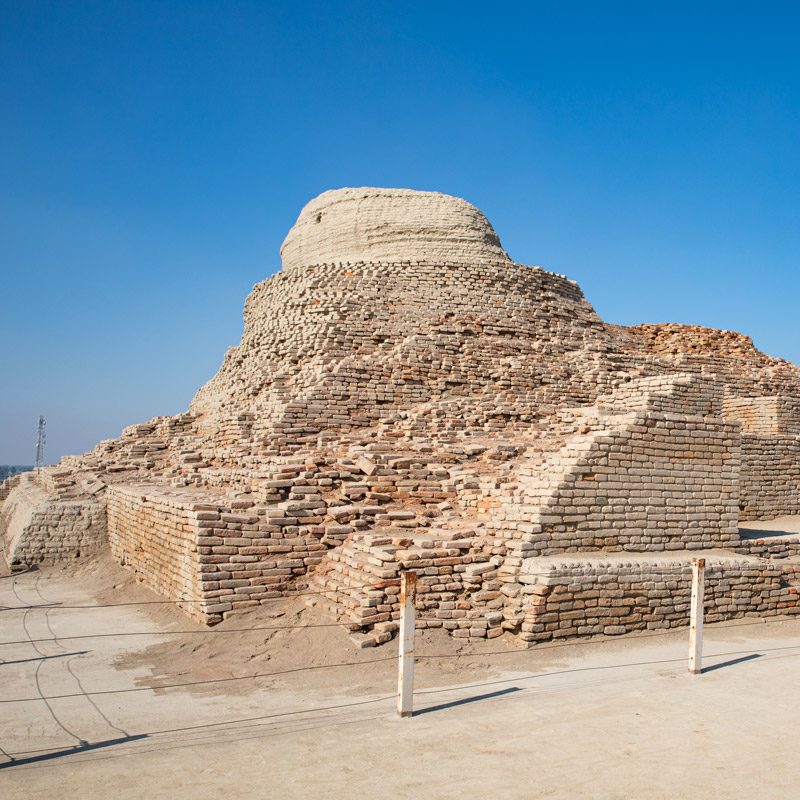
► We will meet different ethnic groups
During this cultural trip to Pakistan, we will get to know cultures such as the Pashtun, Gandhara, Mughal and Mohana. In Karachi we will visit the 'African' neighborhood to learn about the Siddi. This community is originally from Africa and arrived as slaves from Zanzibar over the centuries. They are currently Sunni Muslims but have preserved their traditional music (percussion), dances and the pre-Islamic worship of the crocodile.
Mohana tribe
The Mohana are a Dravidian group (the first inhabitants of the Indus River Valley). We will meet some traditional families who live in wooden boats.
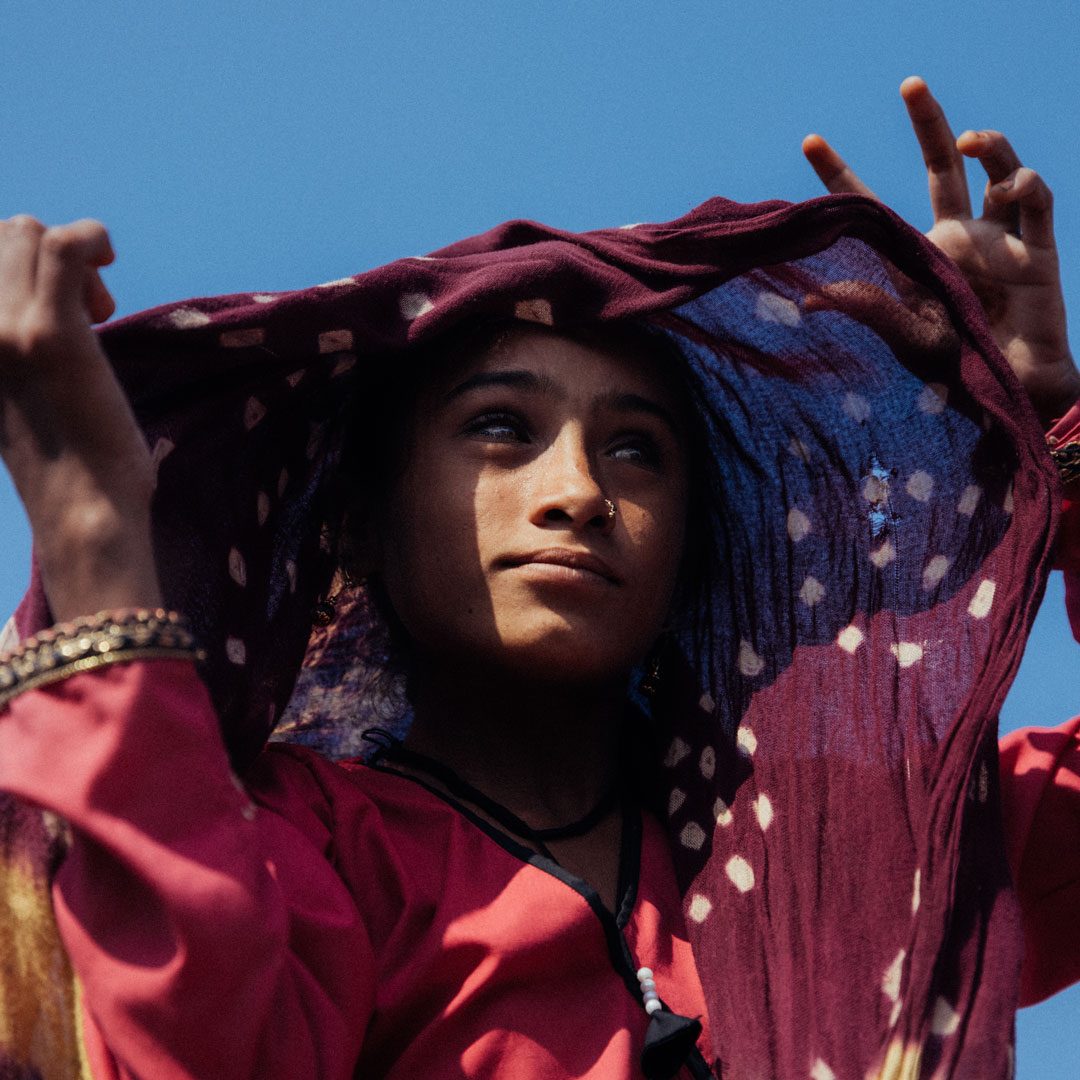
Gypsies or Khana Badosh
The Gypsy people are originally from the Indus Valley of Pakistan, from where they spread to the East to India and to the West, reaching the Iberian Peninsula in the 15th century. There they created a culture with a unique look. This is what continues to connect them with their relatives in the East.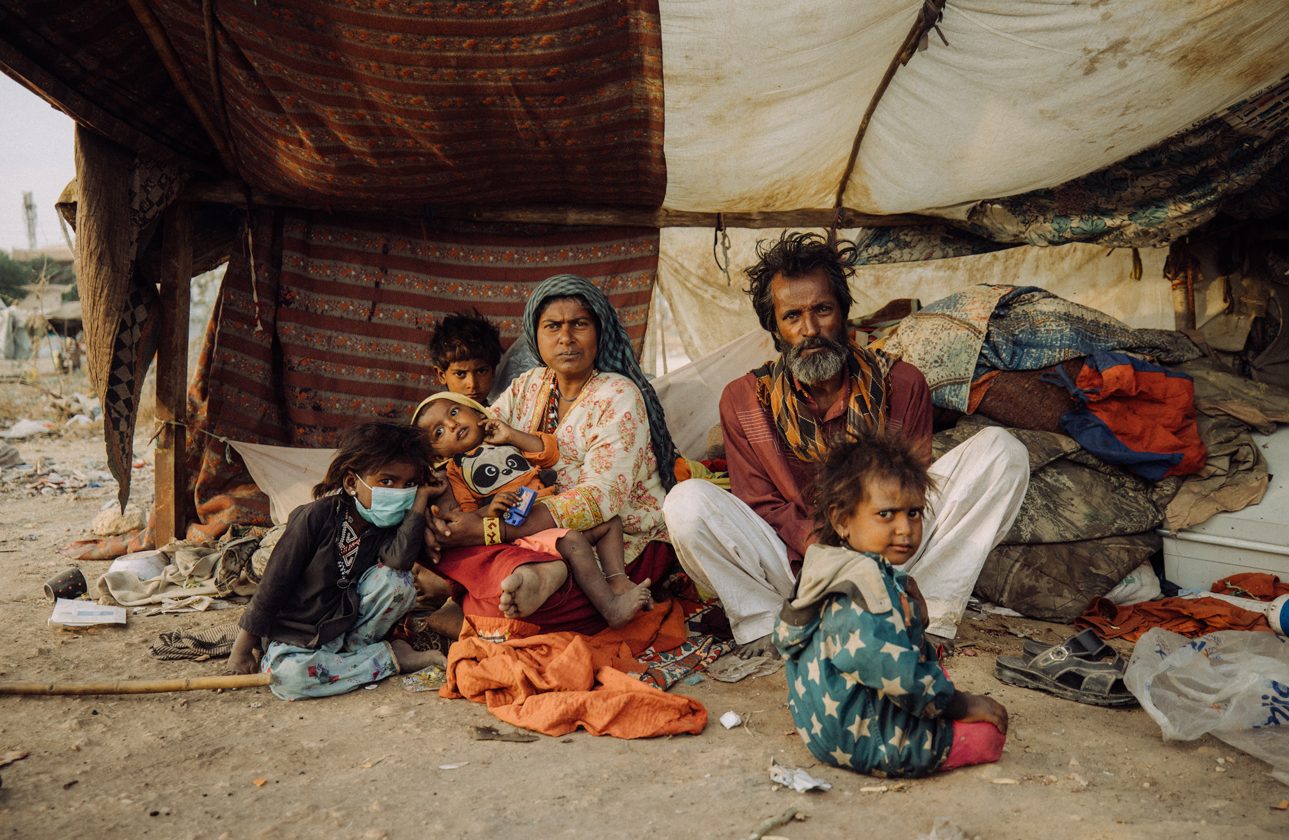
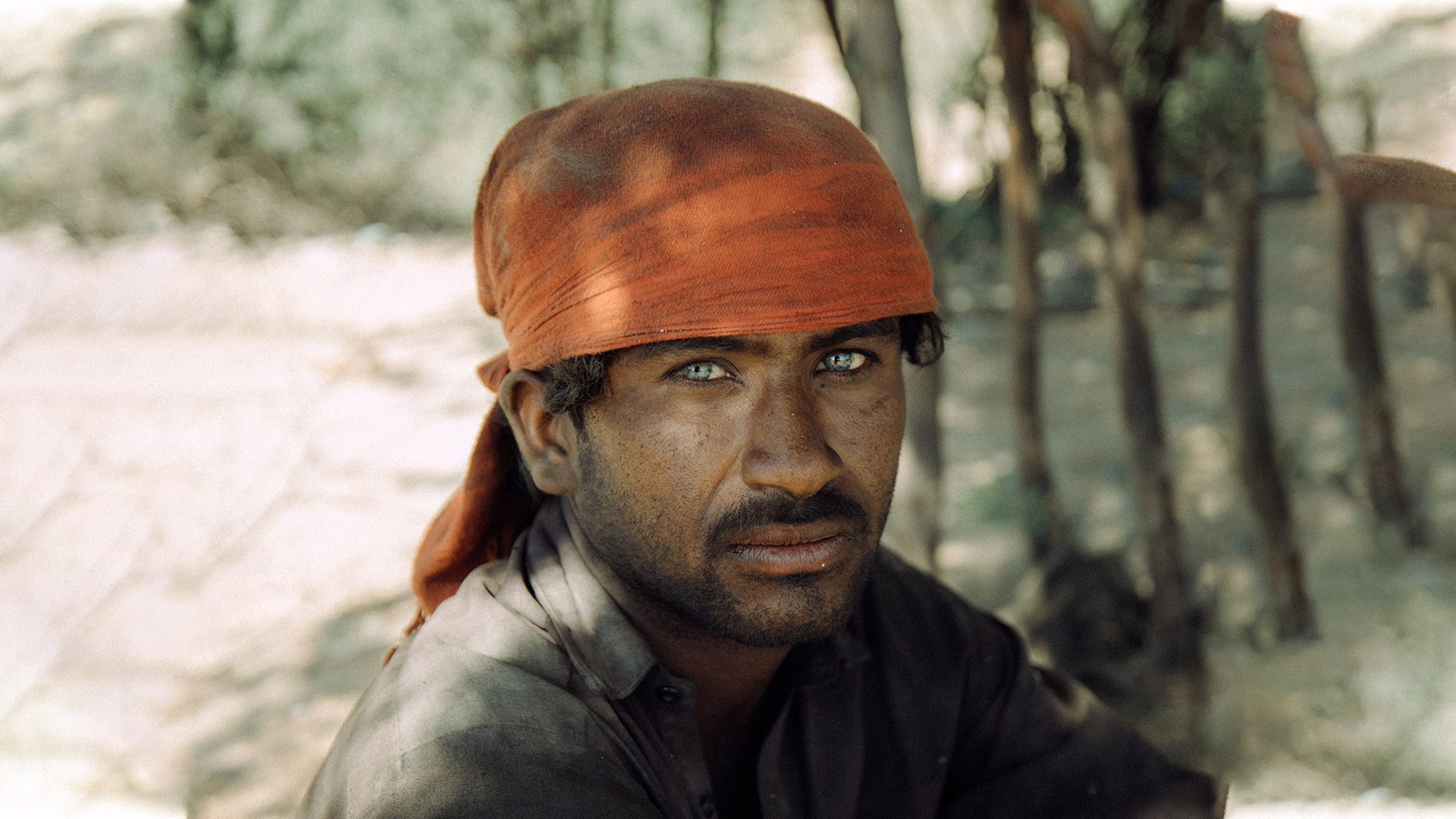
► Amalgamation of ancient cultures
The route of this cultural trip to Pakistan is designed to follow the trail of many ancient cultures that left their mark on Pakistan. The Persian Empire, Alexander the Great's Macedonia, and the Maurya Empire are some of them.
► We will enjoy the great diversity of architectural styles
Pakistani architecture is a mixture of different traditional types: Harappan, Gandharan, Hindu, Jain and Indo-Islamic. Throughout this cultural trip to Pakistan, we will be able to enjoy this great stylistic diversity.
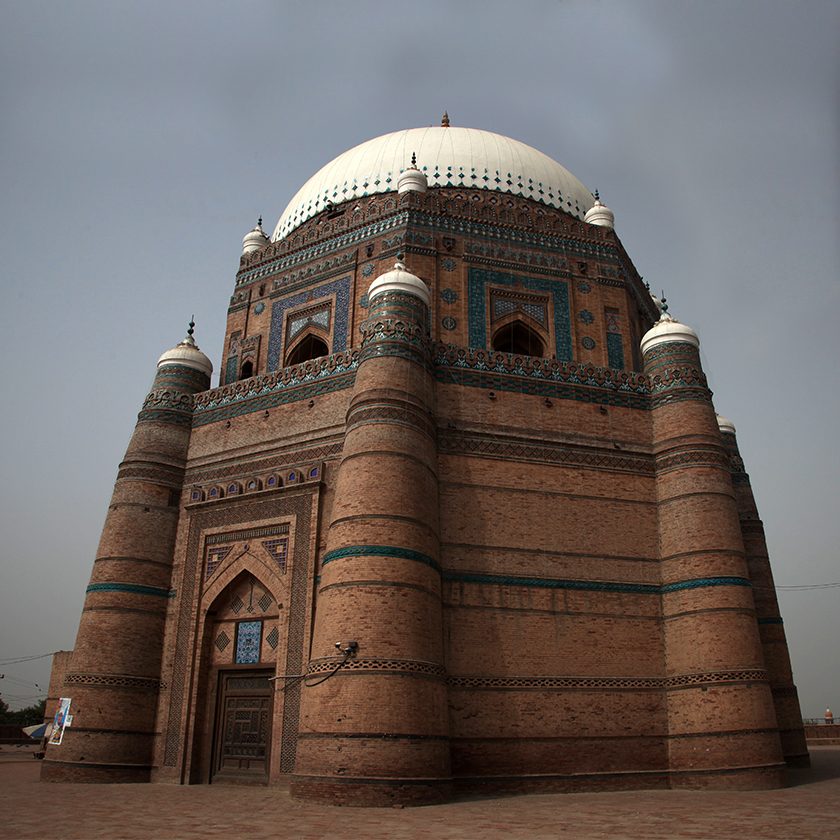
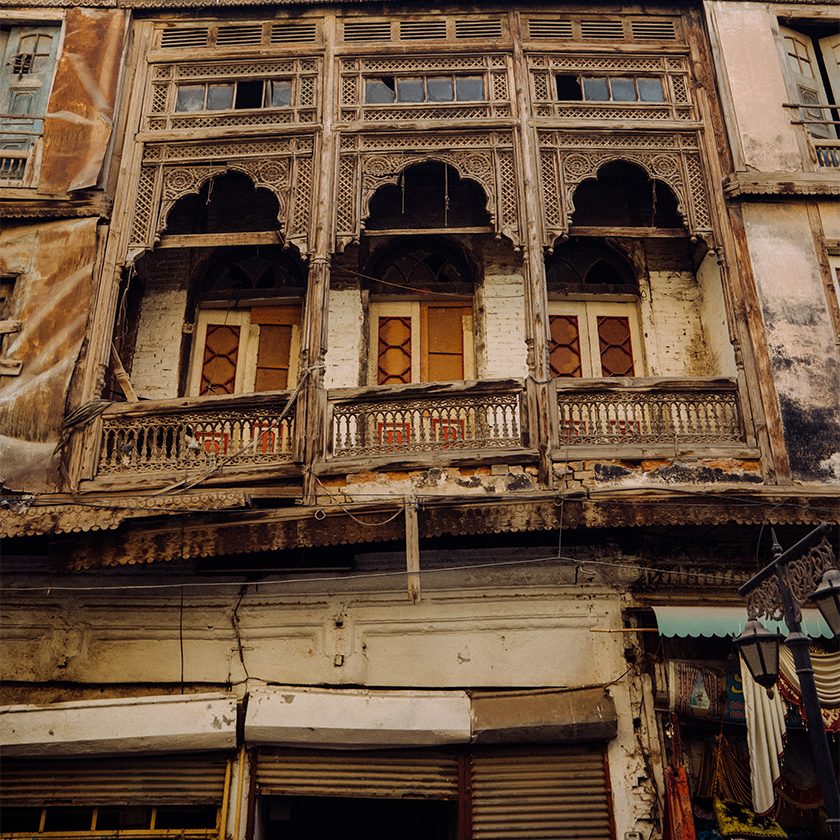
© Photos by Pau Clavero, Aníbal Bueno, Juan Reina Pérez andXavi de las Heras taken during cultural trip to Pakistan.
► Download the itinerary for this cultural trip to Pakistan
Click on the button below to easily access the download form for the itinerary of this cultural trip to Pakistan.
